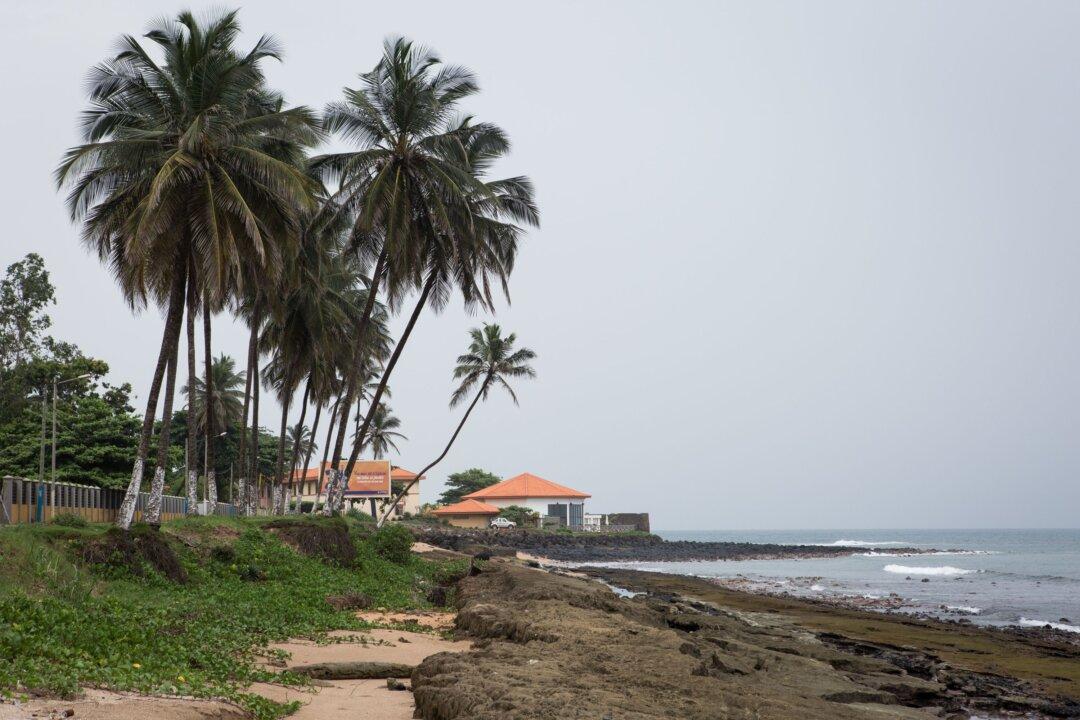JOHANNESBURG—The Russian Navy now has broad access to the Atlantic and Mediterranean thanks to a military cooperation agreement with São Tomé and Príncipe, an archipelago with some of West Africa’s most strategic ports.
Moscow and Prime Minister Américo Ramos’s government recently ratified an agreement that permits Russian vessels, including navy warships and others under U.S. and European sanctions, to use the islands in the Gulf of Guinea as a base.





